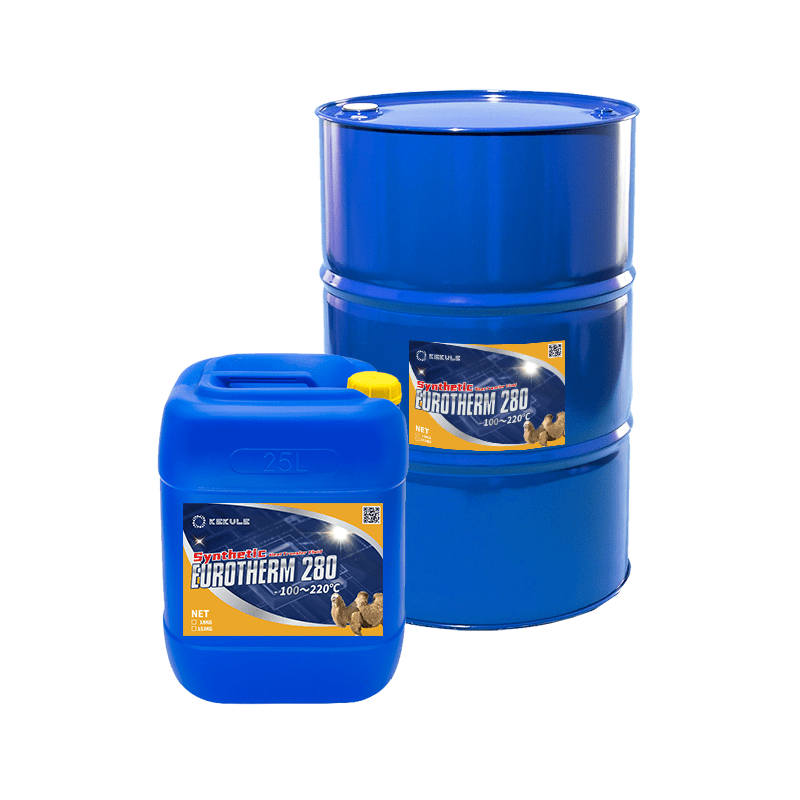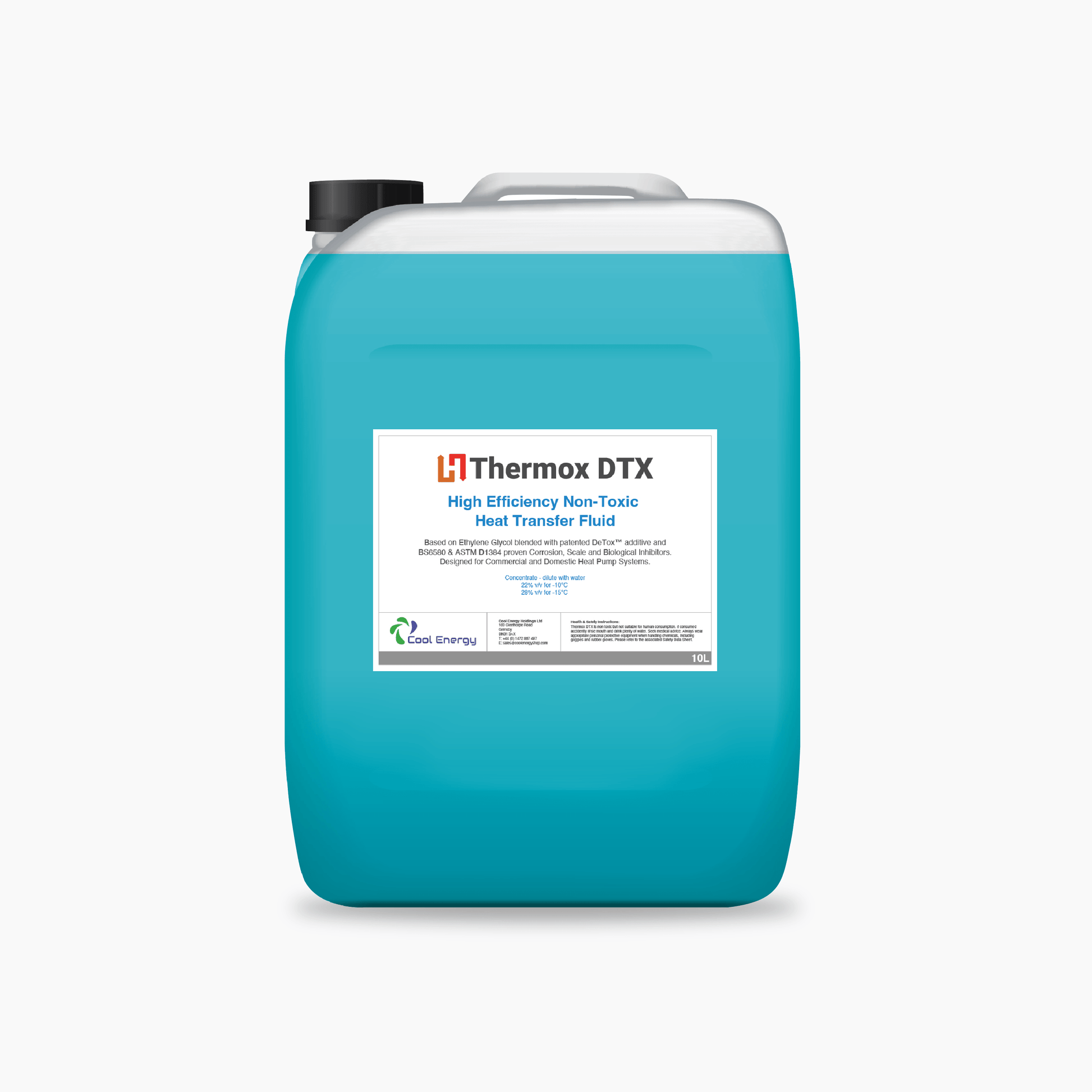Secret Benefits of Using a High-Performance Heat Transfer Fluid
Secret Benefits of Using a High-Performance Heat Transfer Fluid
Blog Article
How Warm Transfer Fluid Adds To Sustainable and Economical Procedures
In the modern commercial landscape, the role of warm transfer fluids (HTFs) in advertising lasting and affordable procedures can not be overemphasized. These fluids are crucial in maximizing thermal administration systems, thereby substantially improving power performance and reducing operational prices. heat transfer fluid. The ecological advantages of advanced HTFs, with their high thermal security and reduced toxicity, are indisputable.
Recognizing Warmth Transfer Fluids
In the realm of thermal administration, warm transfer fluids (HTFs) serve as necessary representatives for moving thermal energy from one area to another. These liquids play a critical role in various commercial applications, consisting of chemical handling, power generation, and HVAC systems.
The structure of warm transfer fluids can differ dramatically, consisting of alternatives such as mineral oils, artificial oils, glycols, and molten salts. Each type provides distinct advantages, such as enhanced thermal security, reduced thickness, and high boiling factors, which are picked based upon certain operational requirements. Moreover, the choice of HTF effects not just the performance of warmth transfer yet additionally the durability and safety and security of the system in which it is employed.
As markets continue to introduce, the growth of innovative HTFs, characterized by their enhanced thermal conductivity and reduced environmental influence, is essential for satisfying the needs of modern-day thermal administration obstacles.

Enhancing Energy Efficiency

Improving energy effectiveness has become a vital worry across different markets, motivating a more detailed assessment of heat transfer fluids' duty in enhancing thermal management systems. These fluids are integral to keeping the wanted temperature level in procedures, thus lessening power waste and enhancing total system efficiency. By choosing a suitable warm transfer fluid, sectors can considerably enhance their energy efficiency, causing reduced energy usage.

Advanced formulas of heat transfer fluids have actually been developed to endure severe temperatures while preserving security and performance. These innovations prolong the operational life-span of the fluid, reducing the frequency of substitutes and energy-intensive upkeep tasks. The use of synthetic or bio-based fluids supplies site link added benefits in terms of reduced environmental influence, straightening with worldwide sustainability objectives. Enhancing energy performance through optimum heat transfer liquid selection is not just a technical necessity however additionally an environmental important.
Reducing Operational Expenses
Functional prices are a this hyperlink significant factor to consider for sectors looking for to keep affordable benefit, and the choice of warm transfer liquid plays an essential function in expense monitoring. Picking an appropriate heat transfer fluid can cause considerable price financial savings by boosting system performance and reducing energy consumption. High-performance fluids reduce thermal deterioration, which consequently decreases the frequency of fluid substitute and downtime connected with maintenance, thereby decreasing functional expenditures.
In addition, warmth transfer fluids with superior thermal security and deterioration resistance expand the life expectancy of devices. This minimizes the need for frequent repair work and substitutes, which can be expensive and disruptive to operations. By purchasing top quality fluids, industries can attain long-lasting reductions in upkeep prices and enhance the dependability of their systems.
Furthermore, advanced warmth transfer fluids frequently exhibit reduced viscosity at operating temperatures, which improves pump efficiency and decreases power use in liquid redirected here circulation. This optimization of power usage directly translates right into reduced operational prices. In addition, lots of contemporary warmth transfer fluids are crafted to run properly over a broad temperature level variety, reducing the demand for multiple fluid types, consequently improving supply demands and lowering associated prices. These aspects jointly contribute to even more lasting and affordable operations.
Environmental Effect Decrease
The push in the direction of lowering ecological effect has acquired momentum in sectors leveraging warm transfer fluids. Warmth transfer liquids (HTFs) play a vital role in this change, using chances to enhance power effectiveness and reduce discharges - heat transfer fluid.
Furthermore, making use of sophisticated heat transfer liquids contributes to better system effectiveness, decreasing the overall power consumption. This decrease not only causes price financial savings but additionally reduces co2 discharges, aiding in the battle against environment modification. Liquids that are eco-friendly and recyclable additionally enhance sustainability initiatives, as they diminish waste and advertise round economic situation practices.
Additionally, incorporating HTFs into closed-loop systems stops fluid loss and contamination of the surrounding setting. This strategy makes certain that fluids are recycled, reducing the demand for brand-new sources and limiting waste generation. By welcoming these ecologically conscious methods, markets can significantly lessen their environmental influence while keeping high functional effectiveness, straightening with global sustainability objectives and regulative demands.
Selecting the Right HTF
Selecting the suitable warm transfer fluid (HTF) is an important action in advancing ecological sustainability within commercial procedures - heat transfer fluid. An excellent HTF should have a high thermal ability, reduced thickness, and high thermal conductivity to make sure reliable warm transfer.
This makes sure longevity and minimizes maintenance costs. The liquid must be non-toxic and eco-friendly, reducing its eco-friendly footprint and making certain compliance with environmental guidelines.
Final Thought

Report this page